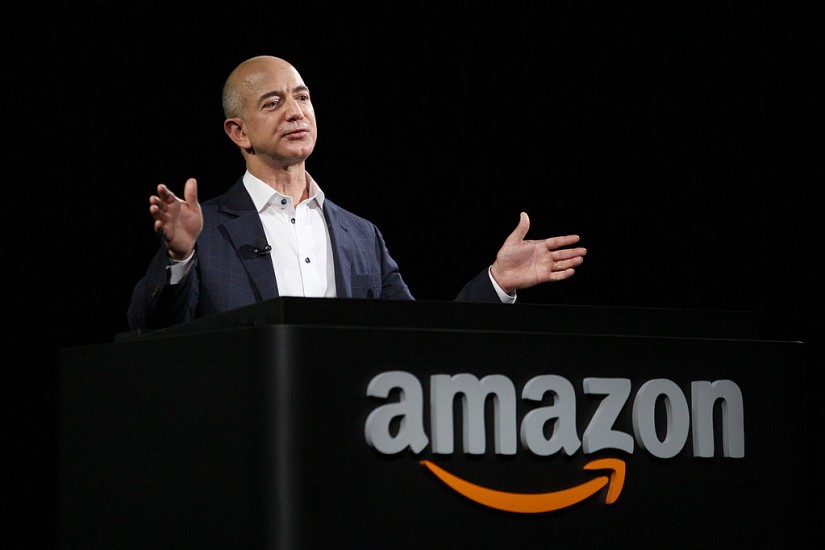There’s another side to this, which is that because no one really had this public discussion about them, Amazon, Google, and Facebook have been able to concentrate power over very large corporations in a way no one paid much attention to. What we’re seeing now is that a very large company like Google is basically threatening the Detroit companies, because they want to put their operating system inside the car, which would basically eliminate the board of directors at GM and Ford from having much say over the future of the automobile. And we see Facebook concentrating power over things like the New York Times and the Financial Times. We see Amazon taking on companies like Fedex and UPS; we see the Silicon Valley companies as a group taking on the banking companies of Wall Street. What we see emerging is a big-time war between different classes of companies.
Q: Can you elaborate?
A hundred years ago you saw something similar, a period in which the railroaders were able to roll up control over other companies. Then there was this period where a couple of very sophisticated players were able to leverage the railroads to roll up control over their industry. That’s what John D. Rockefeller did: he used the railroads to master the oil business. And Carnegie did that in Steel. But then, after that point, there was this whole class of businesspeople that said, “I don’t want to work for those guys, I want to be independent.” And those people worked together to impose a different regulatory regime in the political economy of the Unites States, to ensure there were serious restrictions on the extent to which large companies can grow. If you look at the language of the 1912 election, you see that is the language: the way to protect business—small, medium-sized, even large businesses—is through antitrust and real competition policy, fair and transparent rules. You establish a political economy based on simple principles, and that frees up everyone to be rivals of one another in a way that may endanger a particular company on a particular day, but doesn’t endanger the political system or the economic system.
